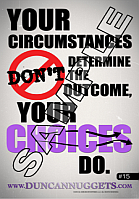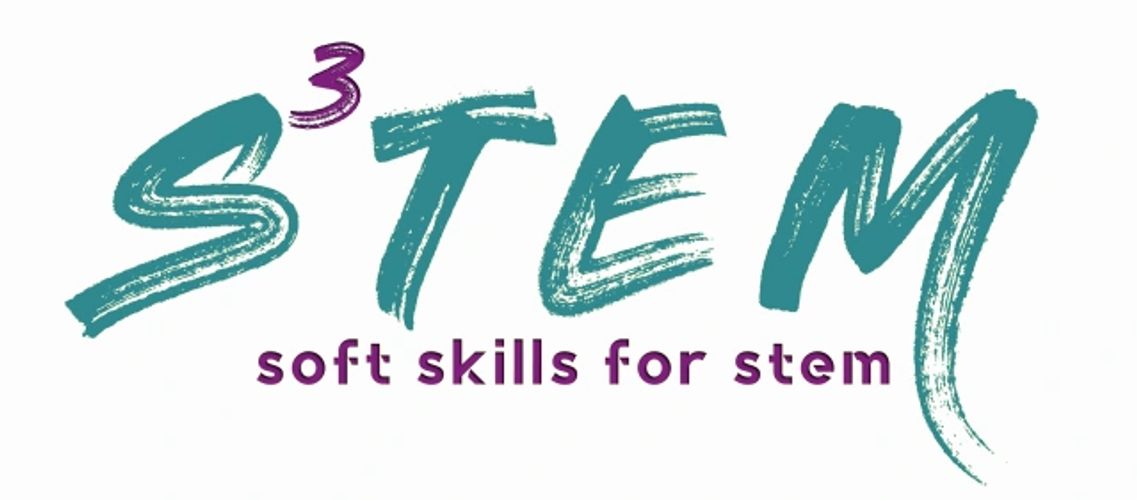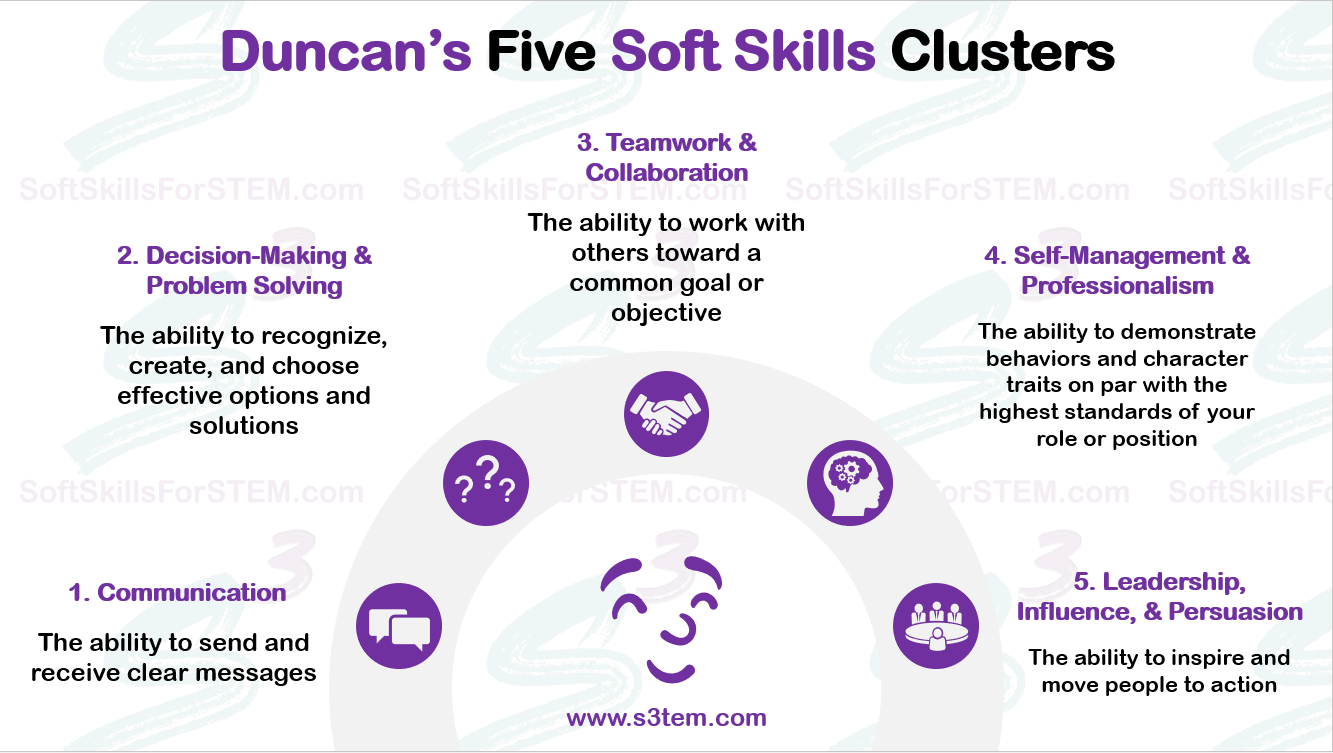Expect Problems and You’ll Probably Get Them
Recently, I read an article in Science Daily titled “Stereotypes Can Fuel Teen Misbehavior“. According to the article researchers interviewed a group of teens and their mothers about teen behavior. A year later, the researchers interviewed the group again. The teens whose mothers expected them to be rebellious reported higher levels of risk-taking behaviors than their peers.
I am not surprised by that at all.
Duncan Nugget® #351:
Regardless of who you are—a parent, educator,
youth worker, mentor, or employer—if
you continuously expect the worst
out of young people, you’ll probably bring out the worst in young people.
It doesn’t matter if it’s a positive or negative outcome, when you spend most of your time focused on it, it is more likely to happen. There is a bonafide scientific principle behind this nugget:
You get more of what you reinforce.
That’s the Law of Effect. It’s a basic principle in psychology. If you’re are constantly talking to someone about negative expectations, behaviors, and outcomes, eventually, the message gets embedded in the unconscious mind—your mind and the other person’s mind.
This creates the perfect scenario for a self-fulfilling prophecy—behavior based on a false belief that makes the false belief come true.
If you want to help a young person, spend more time focused on what young people do right (their strengths) and less time on what they do wrong (their weaknesses).
Of course, “less time” doesn’t mean “no time”. It’s okay to be on the look out for potential problems and it’s a good idea to put plans in place to deal with them or prevent them. But if you always expect problems, you’ll probably get them.
Nobody can rise to low expectations.
Million-Dollar Question:
What do you really expect out of the young people in your life?
Recommend:
[VIDEO] Duncan Nugget® #311: The Amazing Effects Of Your Expectations







